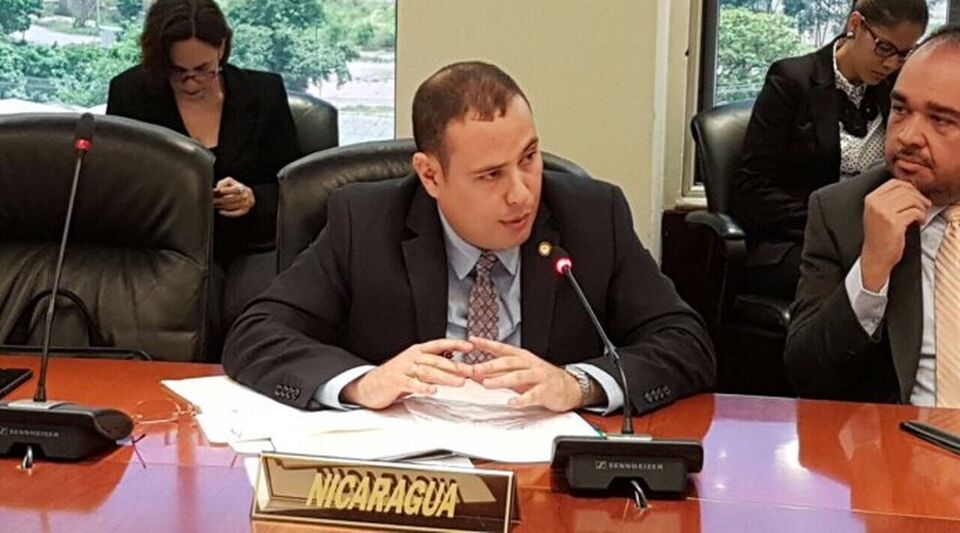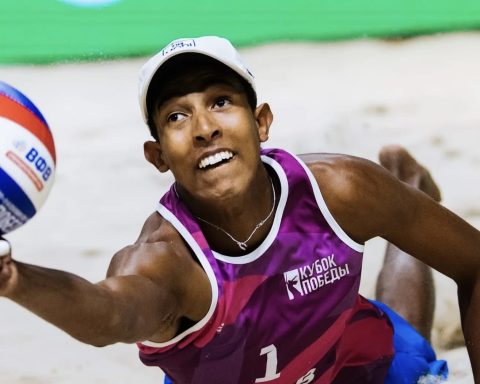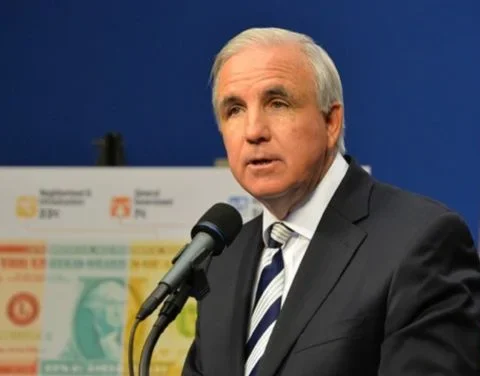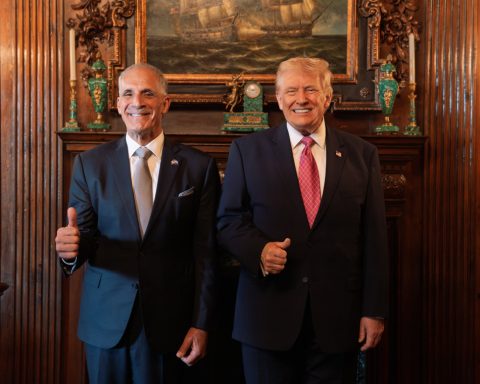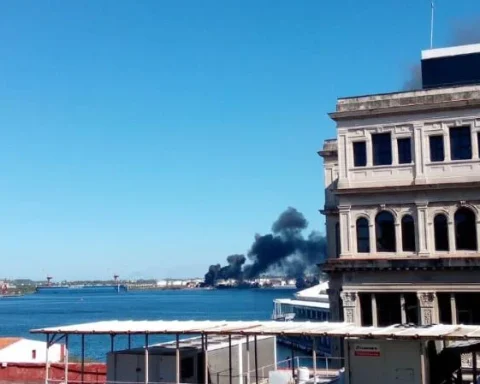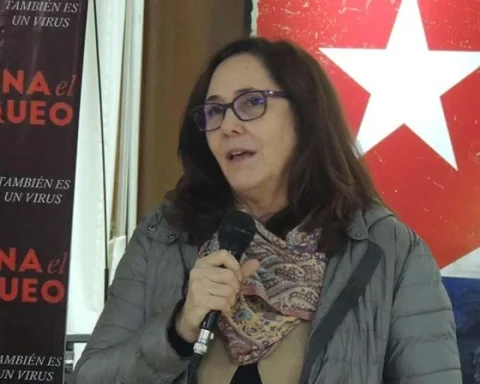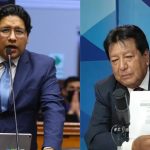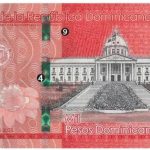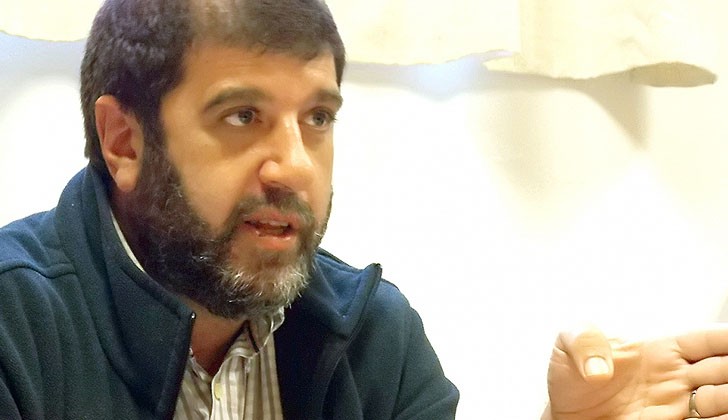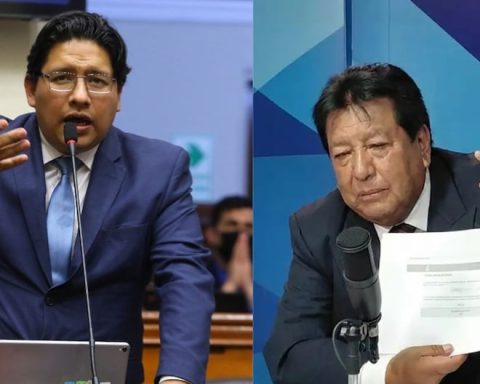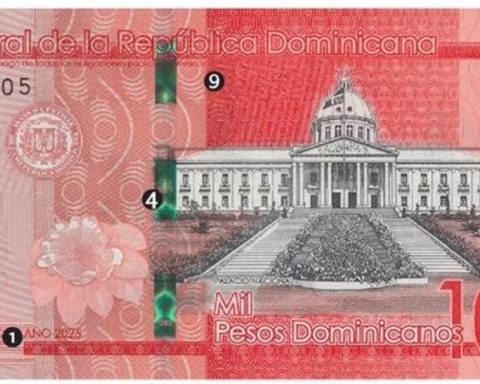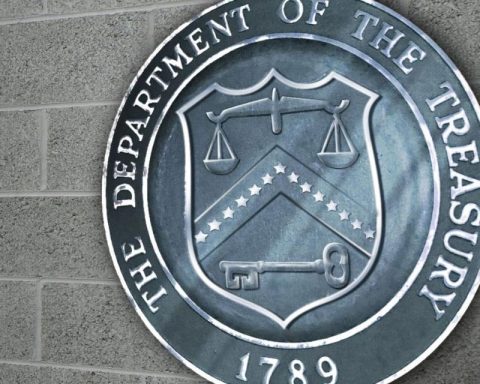(EFE) .- The president of Nicaragua, Daniel Ortega, appointed his advisory minister for policies and international affairs, Sidhartha Francisco Marín Aráuz, as his new ambassador in Cuba, the Official Gazette reported, The Gazette.
Marín Aráuz, who has been Nicaragua’s permanent representative to the UN and ambassador to Ecuador, replaces the Nicaraguan nationalized Argentine journalist Luis Cabrera González, according to La Gaceta.
Cabrera González was Nicaragua’s ambassador to Havana since 2007, when Sandinista leader Daniel Ortega returned to power and reestablished diplomatic relations with Cuba.
The appointment of the new ambassador in Havana occurs four days later that the Government of Nicaragua, through the Ministry of the Interior, establish free visa for citizens of Cuba as a “humanitarian” measure to benefit Cubans with relatives in the Central American country.
According to the resolution of the Ministry of the Interior, in force since last Monday, this exempts all Cubans who wish to enter Nicaragua “in order to promote commercial exchange, tourism and humanitarian family relations.”
Nicaragua and Cuba have maintained close relations in the periods in which the Central American country has been governed by Ortega
Nicaragua and Cuba have maintained close relations in the periods in which the Central American country has been governed by Ortega, which in a first part spanned from 1979 to 1990, and in a second it began in 2007.
Both countries are part of the Bolivarian Alliance for the Peoples of America (Alba).
Last Saturday Cuba supported Nicaragua’s “brave” decision to leave the Organization of American States (OAS), after it disqualified the November 7 elections won by the current president.
The 51st General Assembly of the OAS considered that the elections in which Ortega was imposed for a fifth term of five and fourth consecutive years, with his main contenders in prison, “were not free, fair or transparent and do not have democratic legitimacy.”
In response, Nicaragua denounced the OAS Charter and announced its departure from the organization, a process that will take two years.
Nicaragua thus becomes the second country, after Venezuela, also a member of ALBA, to request the exit from the OAS
Nicaragua thus becomes the second country, after Venezuela, also a member of ALBA, in requesting to leave the OAS.
Cuba was excluded from the inter-American system in 1962 due to its links with the then Soviet communist bloc and its differences with the United States.
The members of the bloc requested the incorporation of Cuba in 2009 in the V Summit of the Americas, but the Caribbean Government reiterated that it had no interest in returning.
________________________
Collaborate with our work:
The team of 14ymedio He is committed to doing serious journalism that reflects the reality of deep Cuba. Thank you for joining us on this long road. We invite you to continue supporting us, but this time becoming a member of our journal. Together we can continue transforming journalism in Cuba.
